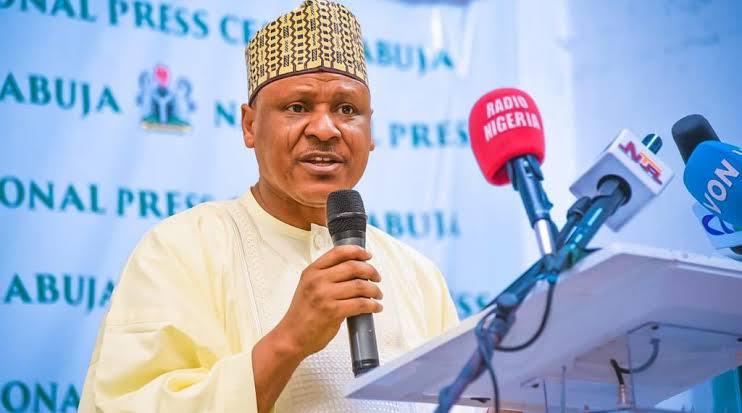Federal Ministry of Information and National Orientation and the United Nations Children’s Fund (UNICEF) have charged journalists in the country to strengthen capacity in reporting issues concerning children with sensitivity, fairness, and respect for human dignity.
They made the call during a two-day media training on ethical journalism and child rights reporting for journalists drawn from South-East, South-South and North-Central regions held at Golden Tulip Hotel, Port Harcourt.
The permanent secretary, Federal Ministry of Information and National Orientation, Chinasa Ogbodo represented by the assistant director and Head of the Child Rights Information Bureau, Falayi Temitoye enumerated the importance of ethical reporting in shaping society’s perception of children.
“It is a real pleasure to welcome you all to this important training on ethical reporting and child rights reporting,” she said.
“The media holds immense power, the power to inform, inspire, and hold institutions accountable. But with that power comes the responsibility to report with integrity, sensitivity, and respect for human dignity.”
He charged journalists to exercise extra care when reporting on children, as “every image, every word, and every frame we publish can have lasting consequences on a child’s life, safety, and future.”
She commended UNICEF for its continuous partnership with the ministry in advancing children’s welfare and urged participants to engage fully in the sessions.
The chief of field office, UNICEF Port Harcourt, Anselm Audu in a keynote address, highlighted the crucial role of ethical journalism in protecting vulnerable groups, particularly children and women.
“The media has the power to amplify the voices of children and draw attention to issues that affect their well-being,” Audu said.
“However, with this power comes great responsibility. The way we report on children can have a lasting impact on their lives.”
He explained that ethical reporting builds public trust, promotes peace, and prevents harm to children.
“Ethical journalism is the antidote to misinformation and hate speech. Responsible reporting can cool tempers, foster dialogue, and promote peace in times of tension.”
Audu cautioned against practices that expose children to stigma or trauma, such as publishing identifiable images or sensationalizing their stories.
He urged journalists to always prioritise children’s best interests and ensure consent is obtained when interviewing minors.
The communications specialist for UNICEF Nigeria and acting chief of Communication, Advocacy, and Partnership, Susan Akila reaffirmed the agency’s strong collaboration with the media in advancing children’s rights.
“We do not play with our media partners because we know you are the foot soldiers. Children do not have a voice, and journalists are in the best position to speak for them responsibly.”
She described the training as an interactive session designed to share real field experiences, discuss ethical codes, and identify best practices for reporting on children.
“Our goal is to ensure that while journalists tell children’s stories, they do not put them at risk,” she added.
The training funded by UNICEF featured interactive discussions, case studies, and practical sessions aimed at reinforcing journalists’ adherence to ethical standards and promoting child-sensitive reporting across media platforms.




